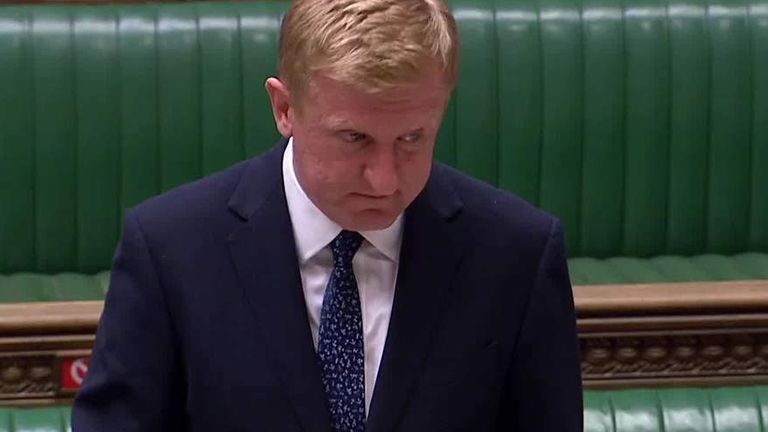Government picks Facebook-critic lawyer to head privacy watchdog
The government has announced its plans to reform the UK’s privacy laws alongside its pick for the next person to head the country’s privacy watchdog – a lawyer who has criticised Facebook as being “morally bankrupt pathological liars”.
John Edwards, a New Zealand lawyer and the country’s current privacy commissioner, is known for railing against the social media company following the terrorist attacks in Christchurch which were streamed on its platforms.
In a rant on Twitter, he wrote “They are morally bankrupt pathological liars who enable genocide (Myanmar), [and] facilitate foreign undermining of democratic institutions”, referencing the persecution of Rohingya Muslims by Myanmar military leaders on the platform and the Russian interference in the 2016 elections in the US.
He accused Facebook of allowing “the live-streaming of suicides, rapes, and murders” and criticised the company for continuing “to host and publish the mosque attack video, allow advertisers to target ‘Jew haters’ and other hateful market segments, and refuse to accept any responsibility for any content or harm”.
He later deleted these tweets “because of the volume of toxic and misinformed traffic they prompted” he said, and added a link to a radio interview in which he expressed his belief that if Facebook could not control the content streamed through Facebook Live then it should “turn it off altogether”.
Mr Edwards was confirmed as the government’s preferred candidate for as the new information commissioner by Digital Secretary Oliver Dowden in an interview with The Telegraph newspaper. He is expected to replaced Elizabeth Denham, a Canadian who has often been criticised for failing to effectively tackle the social media giants.
If appointed, which is considered likely, his time in office will coincide with the government’s plans to reform the UK’s privacy laws, which were adopted when the country was part of the European Union, following Oliver Dowden pledging that Britain should take a “slightly less European approach” to privacy.
Speaking to journalists back in March, Mr Dowden said of the search for the new information commissioner: “I’m looking for somebody that is not just focusing on data through a negative prism of how we stop harms, but also driving growth opportunities, both through public policy, but also through creating opportunities for business.”
In line with this, Mr Dowden told The Telegraph that the government will be launching a consultation on reforming the GDPR and improving the UK’s data protection regime, with a particular focus on making compliance less onerous for businesses.
Among the highlight focuses are reducing nuisance pop-up banners and cookie permission requests which websites often present to browsers even when they are simply collecting audience metrics data rather than personal information.
The changes to the UK’s legal regime for handling data are an economic challenge, as the new countries which the UK is aiming to strike deals with – in the short term including the US, South Korea, Australia, Singapore, Colombia, and Dubai – have very different data protection regimes to the EU.
Brazil, India, Kenya, and Indonesia are the other countries which the government hopes to sign deals with in the medium-term.
Although the European Commission has assessed that the UK’s data protection regime is largely identical to its own and thus allowed free data transfers between the two countries, experts warn that reforms and trade deals could challenge that assessment.
Eduardo Ustaran, who co-heads the privacy practice at law firm Hogan Lovells, said: “The appointment of John Edwards as the next Information Commissioner is a vote for no-nonsense and pragmatism for the future of data protection regulation.”
